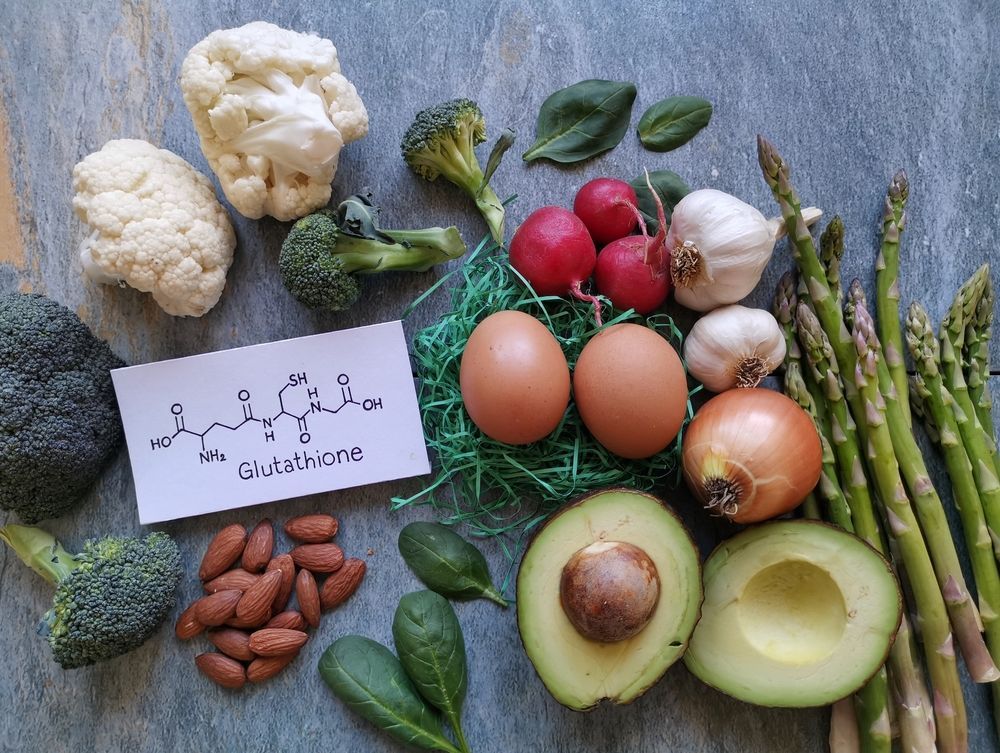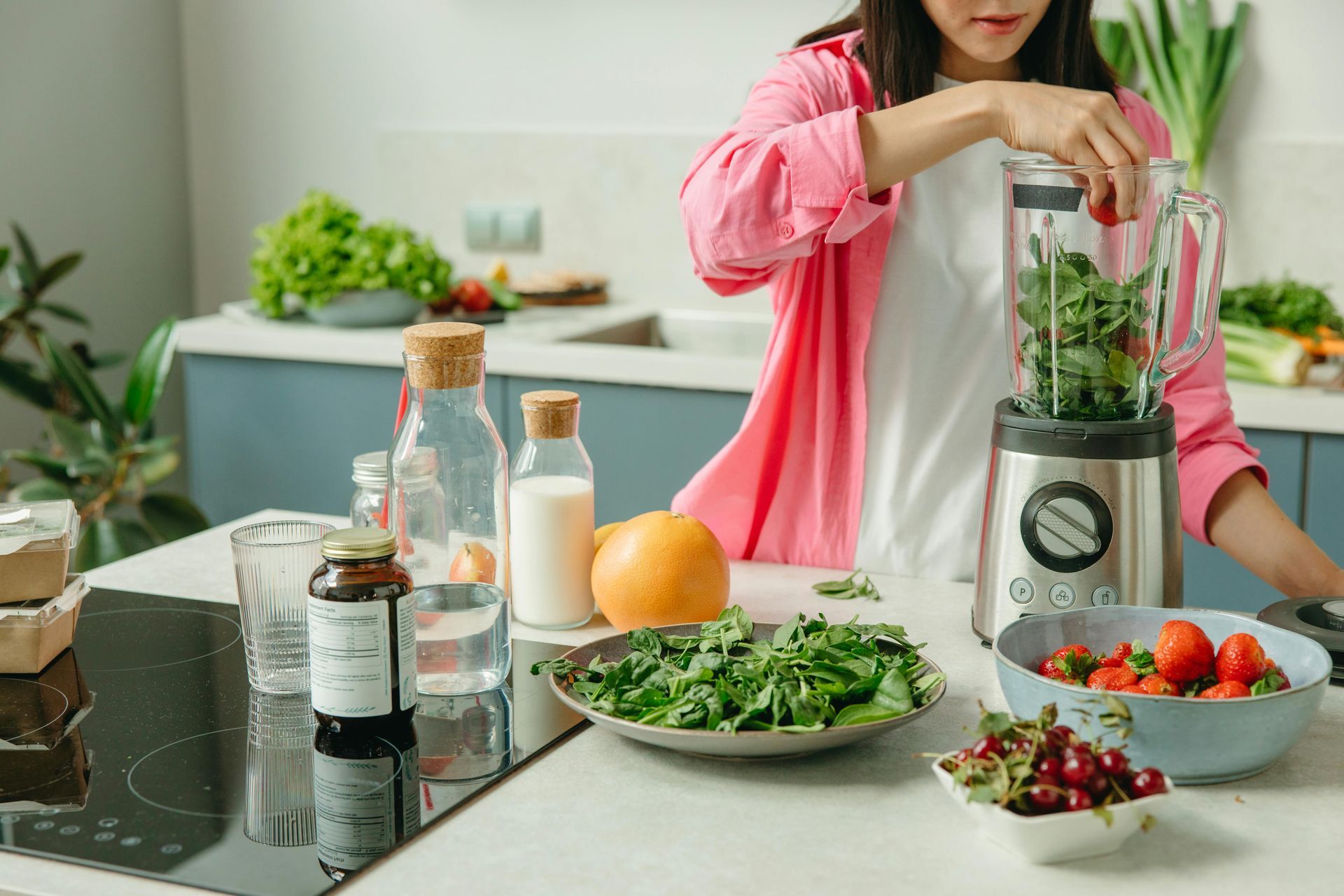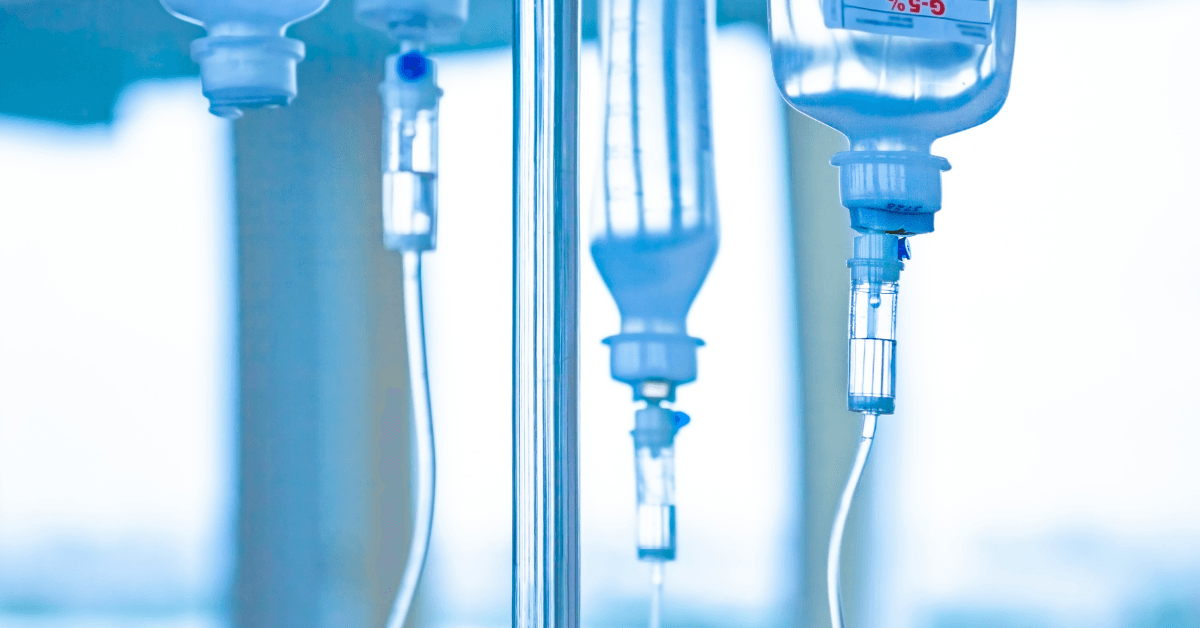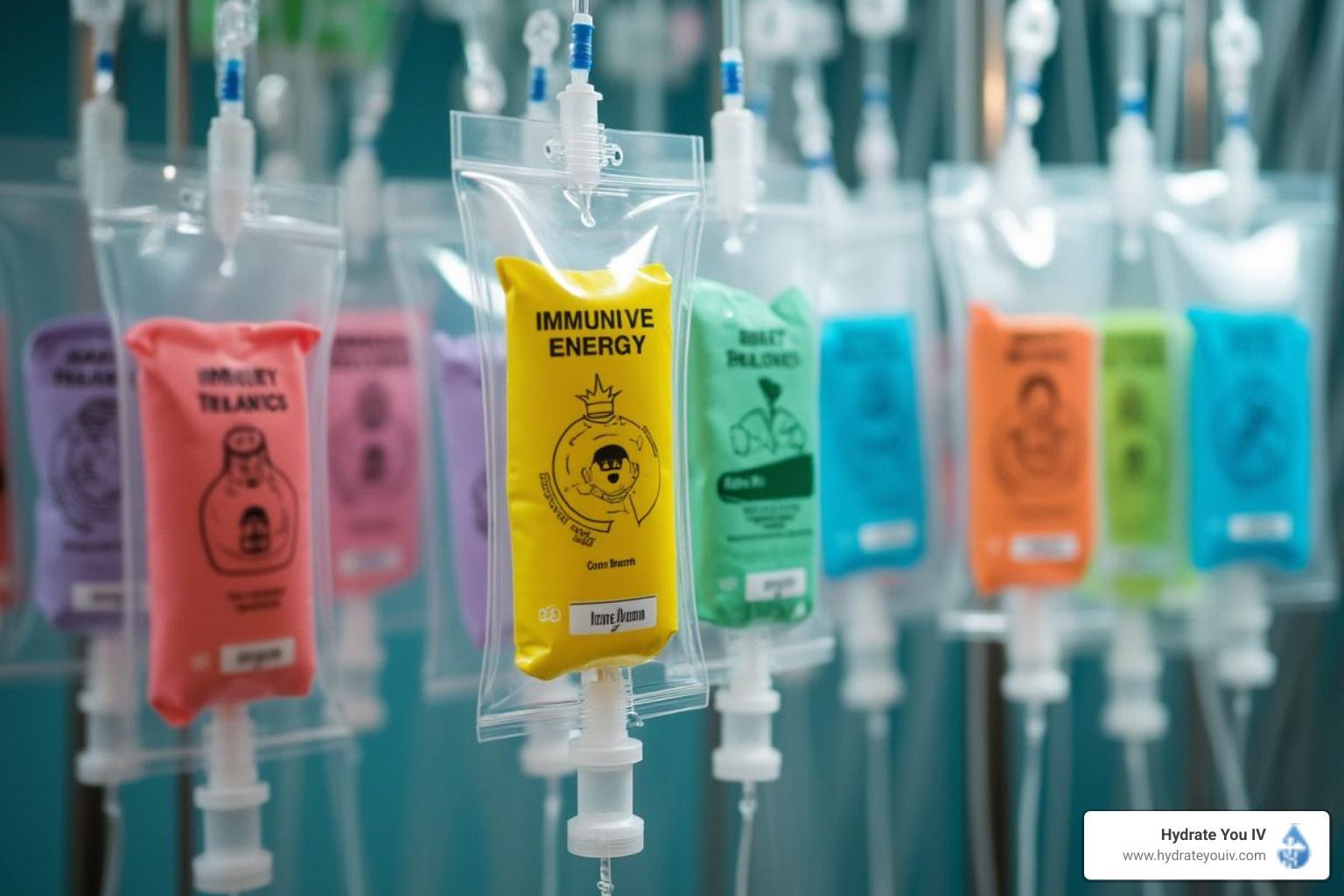Key Benefits of Glutathione for Detox and Skin Health
Key Benefits of Glutathione for Detox and Skin Health

Glutathione is often referred to as the body's master antioxidant. Its vital role in detoxification and skin health makes it a key player in maintaining overall well-being. In this article, we will explore what glutathione is, how it works, its benefits for detoxification and skin health, ways to boost its levels, and any potential side effects or precautions that should be considered.
Understanding Glutathione: A Powerful Antioxidant
What is Glutathione?
Glutathione is a small protein composed of three amino acids: cysteine, glutamine, and glycine. It is naturally produced in our bodies and is found in every cell, particularly in the liver. Because of its antioxidant properties, glutathione helps combat oxidative stress, which can lead to cellular damage and various health issues.
As an antioxidant, glutathione neutralizes free radicals—unstable molecules that can cause inflammation and aging. Its unique structure enables it to regain its active form after neutralizing free radicals, allowing it to continue protecting the body from oxidative damage. This remarkable ability makes glutathione a key player in the body's defense system, helping to maintain cellular integrity and function.
Moreover, glutathione levels can be influenced by various factors, including diet, lifestyle, and environmental toxins. Foods rich in sulfur, such as garlic, onions, and cruciferous vegetables like broccoli and Brussels sprouts, can help boost glutathione production. Additionally, certain supplements, such as N-acetylcysteine (NAC), are known to enhance glutathione levels, providing an extra layer of support for those looking to optimize their antioxidant defenses.
How Does Glutathione Work in Our Body?
Glutathione works by donating electrons to free radicals, which stabilizes these harmful molecules and prevents them from causing further cellular damage. Beyond its antioxidant capabilities, glutathione also plays a crucial role in various detoxification processes.
In addition to detoxification, glutathione is involved in DNA synthesis and repair, protein synthesis, and immune system support. These functions highlight its significance in maintaining optimal health and longevity. For instance, during periods of increased stress or illness, the demand for glutathione rises, underscoring its importance in immune response. A well-functioning immune system relies on adequate levels of glutathione to help combat infections and inflammation.
Furthermore, research has shown that glutathione may have a protective effect against chronic diseases such as heart disease, diabetes, and neurodegenerative disorders. By mitigating oxidative stress and inflammation, glutathione can contribute to better overall health and may even enhance the efficacy of certain medications. This multifaceted role makes it a subject of interest in both clinical research and everyday health discussions, as individuals seek ways to harness its benefits for improved well-being.
The Role of Glutathione in Detoxification
Glutathione and Liver Health
The liver is the primary organ for detoxification in the body, and glutathione is essential for its proper functioning. It helps to neutralize toxins, such as heavy metals, alcohol, and pollutants, making them water-soluble and easier for the body to eliminate.
When liver health is compromised, such as in cases of fatty liver disease or hepatitis, glutathione levels can be depleted. This depletion can hinder the liver's ability to detoxify, leading to a buildup of toxins and further health complications. In fact, studies have shown that individuals with liver diseases often exhibit significantly lower levels of glutathione, which can exacerbate their condition. This underscores the importance of maintaining optimal glutathione levels through diet and lifestyle choices, as well as potential supplementation when necessary.
Glutathione's Impact on Toxin Removal
Thanks to its detoxifying properties, glutathione significantly impacts the elimination of various toxins and harmful substances from the body. It binds to these toxins and facilitates their transport through bile or urine for excretion. The effectiveness of glutathione in this capacity highlights its importance in promoting overall health and preventing diseases related to toxin buildup. This process is especially crucial in today's environment, where exposure to environmental toxins is increasingly common, from industrial chemicals to pesticides found in food.
Moreover, maintaining adequate levels of glutathione can bolster the immune system, helping the body ward off infections and improving recovery processes following illness. Research indicates that glutathione plays a pivotal role in regulating immune cell function, particularly in lymphocytes, which are essential for adaptive immunity. By ensuring that these immune cells are functioning optimally, glutathione not only aids in detoxification but also enhances the body's ability to respond to pathogens, thereby supporting overall health and resilience against diseases.
Glutathione and Skin Health: A Dynamic Duo
Glutathione for Skin Brightening
One of the most celebrated benefits of glutathione is its ability to enhance skin health. It has been found to reduce melanin production, leading to a brighter and more even skin tone. This skin-brightening effect is why glutathione is often included in skin care products and whitening treatments.
By inhibiting the enzyme tyrosinase, which is responsible for melanin production, glutathione can lighten hyperpigmentation, dark spots, and post-inflammatory marks, making it a popular choice for those seeking to achieve a more flawless complexion.
Anti-Aging Benefits of Glutathione
In addition to brightening the skin, glutathione boasts several anti-aging benefits. Its potent antioxidant properties help to neutralize free radicals that contribute to the signs of aging, such as wrinkles and fine lines. By reducing oxidative stress, glutathione helps maintain skin elasticity and firmness.
Regular use of glutathione can lead to a more youthful appearance, as it supports skin repair and regeneration. Furthermore, its detoxifying effects ensure that the skin remains clear and radiant by reducing the impact of environmental pollutants.
How to Boost Glutathione Levels Naturally
Foods Rich in Glutathione
One of the simplest ways to increase glutathione levels is through diet. Foods that are rich in this vital antioxidant include:
- Spinach
- Avocado
- Broccoli
- Garlic
- Asparagus
- Walnuts
Incorporating these foods into your daily meals can help your body produce and maintain optimal levels of glutathione.
Supplements to Increase Glutathione Levels
If dietary changes aren’t sufficient, glutathione supplements are available. These come in various forms, including capsules, powders, and liposomal formulations, which are designed to enhance absorption. Always consult with a healthcare professional before starting any supplement regimen to ensure safety and efficacy.
Potential Side Effects and Precautions of Glutathione
Understanding the Risks
While glutathione is generally safe when taken at recommended doses, some individuals may experience side effects. These can include gastrointestinal issues, skin rashes, or allergic reactions in rare cases. It’s crucial to start with lower doses and monitor for any adverse reactions.
Who Should Avoid Glutathione?
Certain individuals should avoid glutathione supplementation, including those with specific health conditions such as asthma or anyone undergoing chemotherapy. As with any supplement, it is wise to consult a healthcare provider to ensure it's appropriate for your individual health needs.
In conclusion, glutathione serves as a powerful ally in detoxification and skin health. By understanding its benefits and learning how to boost its levels naturally, you can leverage this master antioxidant to enhance your overall health.











